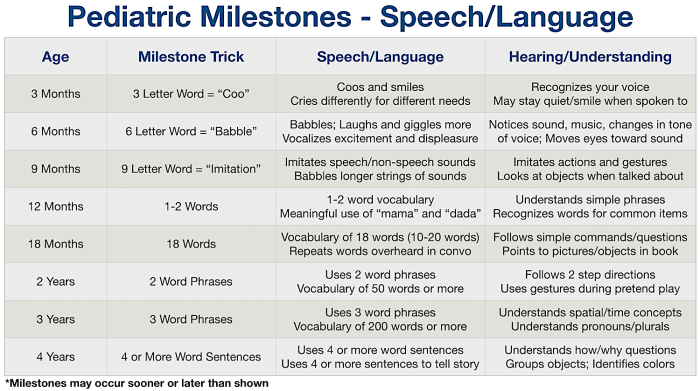Principles of Pediatric Nursing 8th Edition is a comprehensive resource that provides a thorough foundation in the principles and practices of pediatric nursing. This edition has been extensively revised and updated to reflect the latest evidence-based practices and best practices in the field.
It is an essential resource for nurses who care for children, from infancy through adolescence.
This book is divided into seven sections, each of which covers a different aspect of pediatric nursing. The first section provides an overview of the core concepts of pediatric nursing, including the unique challenges and considerations in providing care to children.
The second section discusses the growth and development of children from infancy to adolescence. The third section covers health assessment and diagnosis in children, including the principles and techniques of pediatric health assessment and the use of growth charts and developmental screening tools.
The fourth section provides a comprehensive overview of common pediatric conditions, including respiratory, cardiovascular, gastrointestinal, and neurological disorders. The fifth section discusses the unique needs and considerations in caring for children with chronic conditions, disabilities, or life-limiting illnesses. The sixth section covers ethical and legal considerations in pediatric nursing practice, including the ethical principles and legal responsibilities related to pediatric nursing practice and issues of consent, confidentiality, and decision-making.
The seventh section discusses professional development and research in pediatric nursing, including the importance of continuing education and professional development for pediatric nurses and the role of research in advancing pediatric nursing practice.
Core Concepts of Pediatric Nursing
Pediatric nursing is a specialized branch of nursing that focuses on the care of children from birth to adolescence. It encompasses a wide range of health issues, from common childhood illnesses to complex chronic conditions. Pediatric nurses play a vital role in promoting the health and well-being of children and their families.
The key principles of pediatric nursing include:
- Providing age-appropriate care that meets the unique developmental needs of children
- Collaborating with families and other healthcare professionals to provide comprehensive care
- Using evidence-based practices and best practices to ensure optimal outcomes for children
- Advocating for children’s rights and well-being
Pediatric nurses face unique challenges and considerations in providing care to children. These include:
- The rapid physical, cognitive, and emotional development of children
- The need to communicate effectively with children and their families
- The emotional impact of caring for sick or injured children
Despite these challenges, pediatric nursing is a rewarding and fulfilling career. Pediatric nurses have the opportunity to make a real difference in the lives of children and their families.
Growth and Development of Children
Children undergo rapid physical, cognitive, and psychosocial development from infancy to adolescence. Understanding these developmental milestones is essential for pediatric nurses to provide age-appropriate care.
Physical Development
- Newborns: Rapid growth in height and weight, development of motor skills
- Toddlers: Continued growth, development of fine motor skills, increased mobility
- Preschoolers: Slower growth rate, development of language and social skills
- School-age children: Steady growth, development of cognitive and academic skills
- Adolescents: Rapid growth spurt, development of secondary sexual characteristics
Cognitive Development
- Newborns: Sensory exploration, simple reflexes
- Toddlers: Development of language, problem-solving skills
- Preschoolers: Increased imagination, development of pre-reading and math skills
- School-age children: Development of concrete operational thinking, improved memory and attention
- Adolescents: Development of abstract thinking, increased independence
Psychosocial Development, Principles of pediatric nursing 8th edition
- Newborns: Attachment to primary caregivers
- Toddlers: Development of autonomy, self-awareness
- Preschoolers: Development of social skills, play
- School-age children: Development of friendships, peer groups
- Adolescents: Development of identity, independence
Developmental milestones can vary widely among children. It is important for pediatric nurses to be aware of these variations and to provide care that is tailored to each child’s individual needs.
FAQ Insights: Principles Of Pediatric Nursing 8th Edition
What are the core concepts of pediatric nursing?
The core concepts of pediatric nursing include the unique challenges and considerations in providing care to children, the principles and foundations of pediatric nursing, and evidence-based practices and best practices in pediatric nursing.
What are the different sections of Principles of Pediatric Nursing 8th Edition?
Principles of Pediatric Nursing 8th Edition is divided into seven sections: Core Concepts of Pediatric Nursing, Growth and Development of Children, Health Assessment and Diagnosis in Children, Nursing Interventions for Common Pediatric Conditions, Special Populations in Pediatric Nursing, Ethical and Legal Considerations in Pediatric Nursing, and Professional Development and Research in Pediatric Nursing.
What are some of the common pediatric conditions discussed in Principles of Pediatric Nursing 8th Edition?
Some of the common pediatric conditions discussed in Principles of Pediatric Nursing 8th Edition include respiratory, cardiovascular, gastrointestinal, and neurological disorders.
